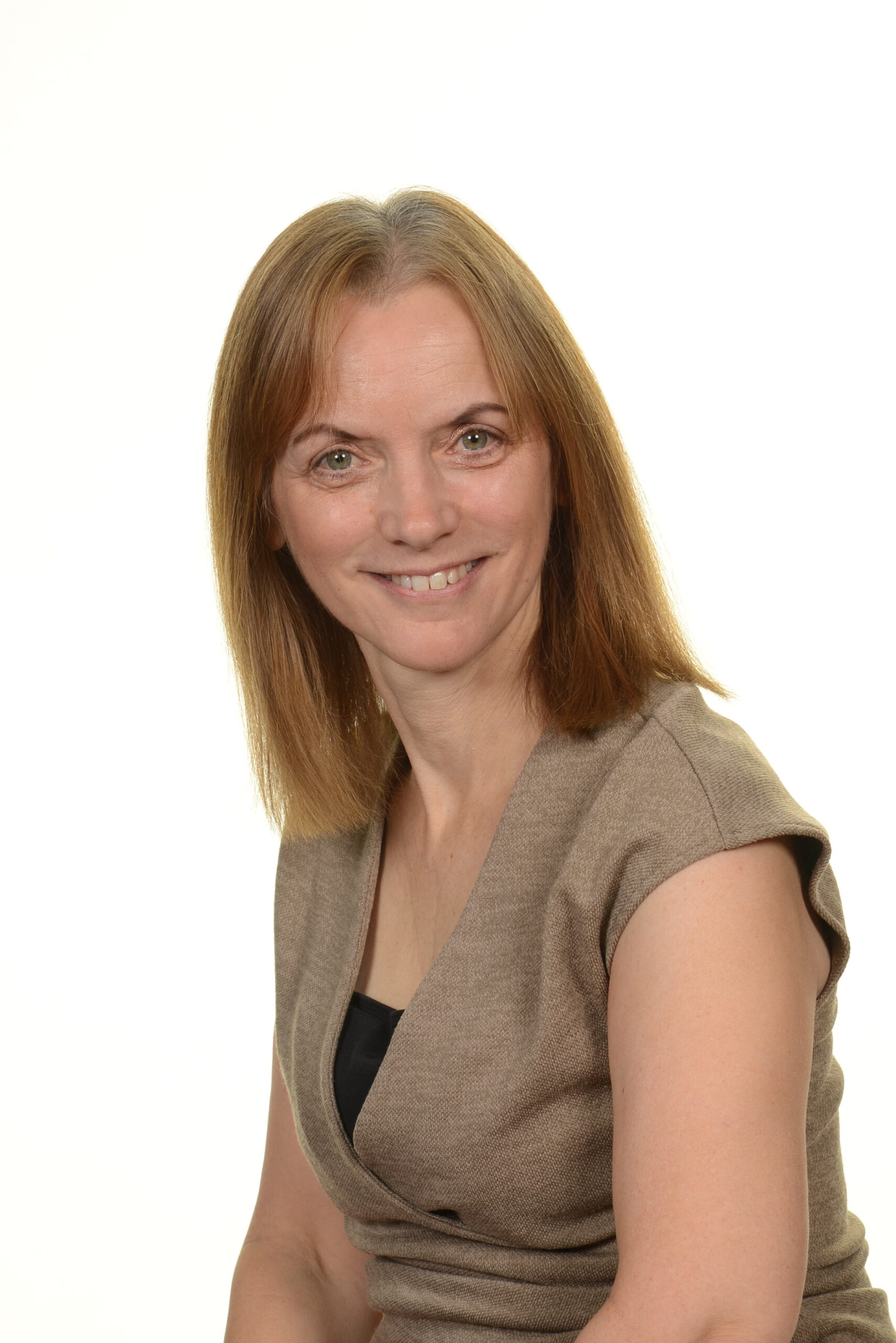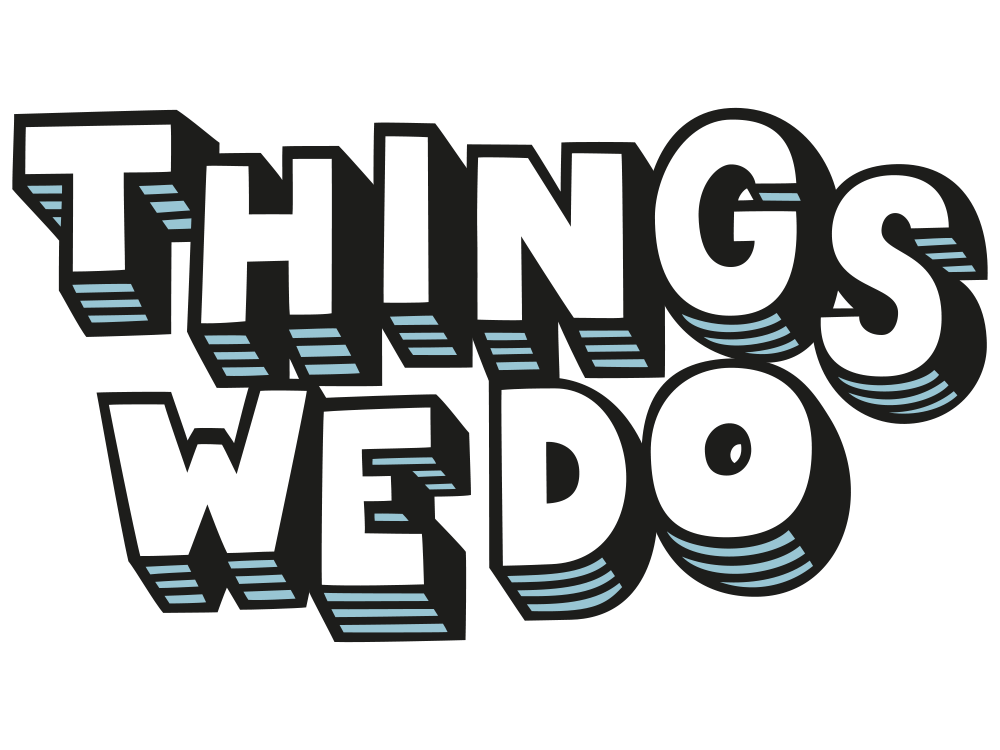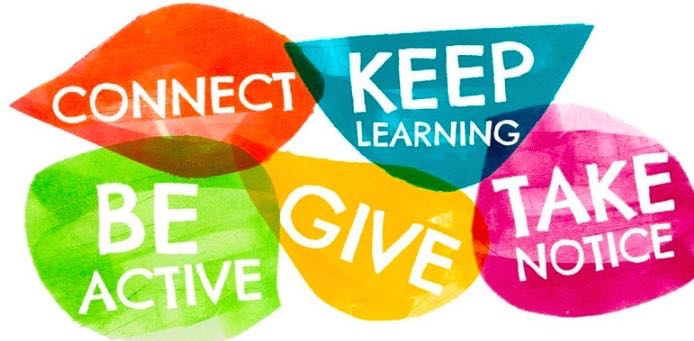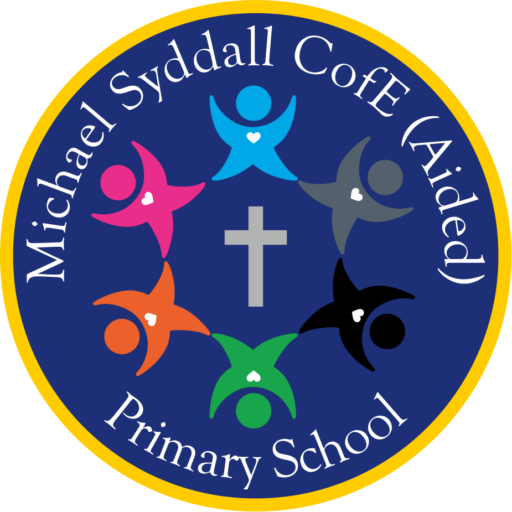

In 2021 the Department For Education announced a grant would be made available for schools to access Senior Mental Health Lead Training, as part of the Government’s broader mental health programme. The training focuses on developing a sustainable approach to mental health and wellbeing in schools for children, their families and education staff. The aim of the SMHL role is to drive cultural transformation, support the identification and understanding of mental health needs, provide early interventions and support pupils to help them thrive.

The Wellbeing Champions will write a termly newsletter so we will leave it to them to tell you about their role and the plans they have to help wellbeing in the school.

Mrs McHarg and Mr Saunders offers support to children who are having a difficult time emotionally. We identify children who may benefit from support in four ways:
- The whole school – staff and children – take part in a termly Wellbeing Survey which enables our Senior Mental Health Leads to monitor wellbeing in the school and offer support where it is needed;
- Self-referral – children can post a note in the post-box asking for support;
- Teacher referral – teaching staff can refer children they are concerned about for additional support. This does not mean that there is something wrong, just that the teacher feels the child would benefit from a little additional directed support.
- Family referral – using the ‘Tell Us’ form you can refer children for additional support.

The World Health Organisation states that wellbeing is a ‘state of complete physical, mental and social wellbeing, not merely the absence of disease or infirmity. Wellbeing is more than being free from illness. It is about being able to develop and grow, enabling us to overcome difficulties and achieving what we want out of life. Wellbeing refers to the state of being comfortable, healthy and happy. Even though happiness is an integral part of our personal wellness, wellbeing includes other things such as the fulfilment of long-term goals, our sense of purpose, and how in control we feel in life. It is an active process of becoming aware of and making conscious choices toward a healthy and fulfilling life.

As a school we encourage children to incorporate the Five Ways to Wellbeing into their daily life. The Five Ways to Wellbeing are evidence based actions which the National Economics Foundation found improved wellbeing and have the potential to reduce the number of people who develop mental health disorders in the longer term.
Connect – Talk and listen, be there, feel connected
Feeling emotionally close to and valued by other people is a human need and contributes to our wellbeing. Social relationships also help protect us from mental ill health – the saying that a problem shared is a problem halved is true!

Be Active – Do what you can, enjoy what you do, move your mood!
Exercising regularly protects us against depression and anxiety, as well as helping our bodies feel fitter and stronger. Regular exercise helps us sleep better which in turn helps us feel healthier and learn better. Regular exercise protects you for your future, if you exercise regularly you will protect your brain against degenerative disease like dementia and Alzheimer’s. Regular exercise also helps us combat anxiety and depression. Exercising until you’re breathless is very good for you, your heart, your bones and your joints.

Take Notice – Remember the simple things that give you joy
Taking notice of our thoughts, emotions and surroundings is a great way to ensure we’re looking after ourselves and our own wellbeing. Taking notice of the things we’re grateful for, big or small is a good way to boost our mood.

Give – Your time, your words, your presence
Research suggests that acts of giving and kindness can help improve your mental wellbeing by creating positive feelings and giving you a feeling of purpose and self-worth. Being kind is good for the person you are kind to but it is also good for you – it’s nice to be nice!

Keep Learning – Embrace new experiences, see opportunities, surprise yourself
Learning new things improves our self-confidence which in turn improves our emotional wellbeing. Learning also helps us connect to other people and build a sense of purpose for ourselves
If you think your child needs support with their mental health and wellbeing this booklet has information on the services that may be able to help you and them : https://thegoto.org.uk/mini-marketplace/ .
Alternatively you could contact the following services:

North Yorkshire County Council Early Help
North Yorkshire County Council – Early Help provides support when need is identified at any point in a child’s life. The purpose of Early Help is to enable families to build on strengths, promote resilience and to sustain positive changes. It includes universal and targeted services that are designed to prevent and reduce problems from escalating. Early Help Referrals must include consent.
Details on how to refer can be found at: www.safeguardingchildren.co.uk/referral-process, Telephone: 01609 780780
Healthy Child Team (HCT) 5-19, Harrogate and District NHS Foundation Trust
Healthy Child Team (HCT) 5-19, Harrogate and District NHS Foundation Trust. A service available to all in school, college, specialist provision or home educated. The healthy child offer includes:
- Adjusting to life circumstances, with mild or temporary difficulties, where the best intervention is in the community including promoting self-support and building resilience using a whole family approach.
- Short term input around low self esteem, emerging anxiety and low mood using evidence based interventions on a 1-2-1 basis
- Assessments around emotional distress including self harm behaviours to establish the level of severity. Self harm assessed as low risk will be supported and higher levels of severity will be signposted to more appropriate services.
Details on how to refer can be found at: www.hdft.nhs.uk/services/childrens-services/5-19-ny , Telephone: 01609 780780
Compass REACH – aged 9–19 years (up to 25 with SEND)
Compass REACH – aged 9 – 19 years (up to 25 with SEND), Compass REACH is a nurse led service that delivers evidence based psychosocial interventions:
- Providing specialist interventions in relation to substance/alcohol misuse
- Providing early help and prevention work in relation to emotional wellbeing and mental health issues such as anxiety low mood and self-harming behaviours
Compass BUZZ – aged 5-18 (up to 25 with SEND)
Compass BUZZ – aged 5-18 (up to 25 with SEND) is a free school referral based emotional wellbeing project which supports the whole school workforce to increase skills and confidence through training. Compass BUZZ Wellbeing Workers can co-facilitate one-to-one/ group work sessions with pupils alongside a member of school staff. Compass BUZZ run a messaging service called BUZZ US that young people aged 11-18 can text anonymously.
Compass referrals must include a young person’s informed consent. To discuss a referral please contact NYRBS@compass-uk.org Telephone: 01609 777662 Freephone: 0800 008 7452
‘BUZZ US’ is available 9am–5pm Mon–Thurs, 9am–4.30pm Fridays on 07520 631168. To find out more about Compass BUZZ call 01609 777662.
Specialist Child and Adolescent Mental Health Services (CAMHS)
Specialist Child and Adolescent Mental Health Services (CAMHS) –
CAMHS offer includes:
- Supporting moderate to severe emotional/mental health issues that are significantly affecting daily life despite other interventions
- Specialist CAMHS care pathways include; Emotional pathway, including moderate/ severe depression, anxiety, Post-Traumatic Stress Disorder, obsessive compulsive disorder; moderate/severe self-harm; Eating Disorders, including anorexia/bulimia;, Attention Deficit Hyperactivity Disorder (ADHD); Other complex mental health presentations, including psychosis, personality difficulties; co-morbidity mental health issues including where these occur in Children & Young People (CYP) with neurodevelopmental conditions
- Difficulties that are of high risk/severity (e.g. self-harm; deterioration in self-care; significant family distress, non-school attendance as a result of significant mental health difficulties; severe social withdrawal)
- Evidence of complex neurodevelopmental difficulties e.g, Attention Deficit Hyperactivity Disorder (ADHD) or other that may require a multi-disciplinary assessment (CAMHS are not commissioned to undertake autism assessments)
Children, young people and families can self-refer to CAMHS. For all ROUTINE referrals in Hambleton and Richmondshire please contact CAMHS Single Point of Access on 03000 134778 (Mon–Fri 9am–5pm) for advice and referral form.
If the situation is URGENT then direct call to locality teams (Mon–Fri 9am–4pm) and request to speak with duty worker: Telephone: 01609 718810
Out of hours emergencies – Crisis Service: If the situation is mental health CRISIS in nature then access the CAMHS Crisis team: Telephone: 0300 0132000 (Option 6), 24 hours, 7 days a week.
